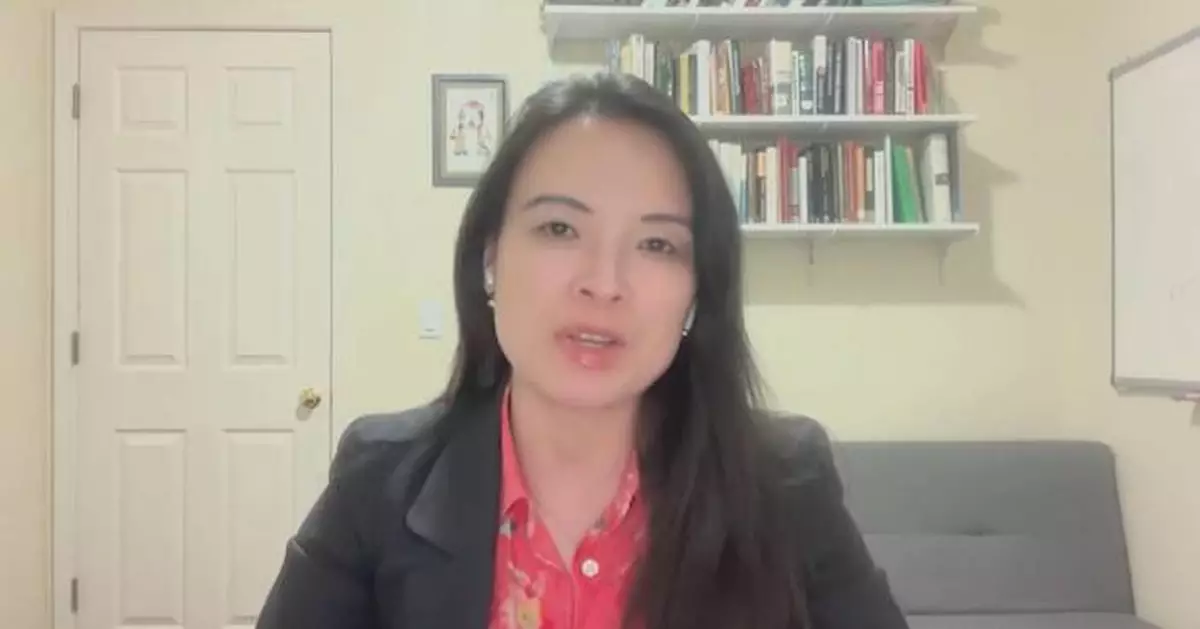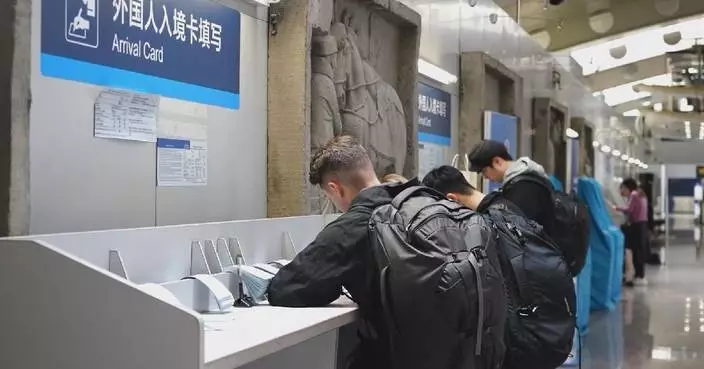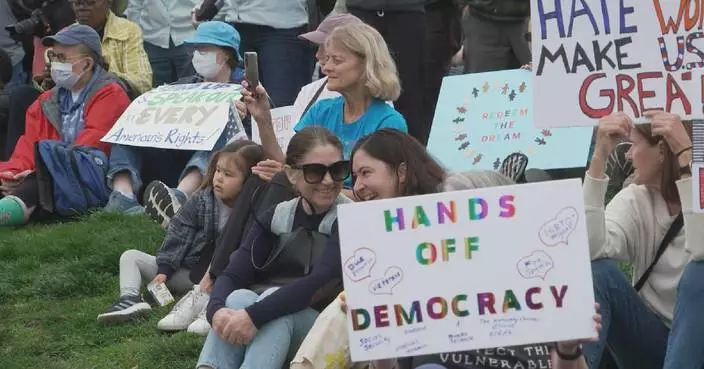U.S. President Donald Trump's zero-sum game mindset on trade and his decision to impose universal tariffs on trading partners will damage the U.S. economy and destabilize global trade, according to an economics scholar.
Trump signed an executive order on Wednesday imposing a 10 percent baseline tariff on all imports into the United States, with some countries facing higher tariffs including a 34 percent tariff on goods from China. The sweeping move, framed as a strategy to stop foreign nations from "exploiting" the U.S., has drawn widespread concern and criticism from around the world.
"I think it's very clear that Trump believes that on the trade front, the U.S. is a loser. In his mind, he's been talking about how the U.S. is being 'ripped off' by other countries. He's seeing bilateral trade in the very narrow zero-sum game sense," said Liang Yan, the Kremer Chair Economics Professor at Willamette University in an interview with China Global Television Network (CGTN).
"In his speech, I think he made it clear that he wants to change the kind of global trade system, the rule-based trade system. He is going to make it into a power play, using tariffs as leverage and making countries open up their markets and purchase more from the United States, or make any concessions that he demands, could be non-economic, such as accepting the deportees and things like that, or in China's case, he wants to have TikTok. So he did very specifically talk about how he can negotiate with China about a TikTok deal," she said.
Liang noted that in reality the U.S. president is sabotaging the whole trading system, with allies included in his tariff storm, alongside some of the world's poorest and most troubled nations. She also said the clear negative reaction from other global leaders and the trillions of dollars wiped off from global stock market values show the tariff campaign is destabilizing the global economy and imperiling U.S. economic success.
"So it's clear that he wants to achieve certain objectives like getting tariff revenues, getting jobs back for the United States, and also to revitalize the manufacturing sector and many other non-economic objectives. But the real question is, can tariffs really deliver any of these objectives? And I think for most economists, the answer is no," Liang said.
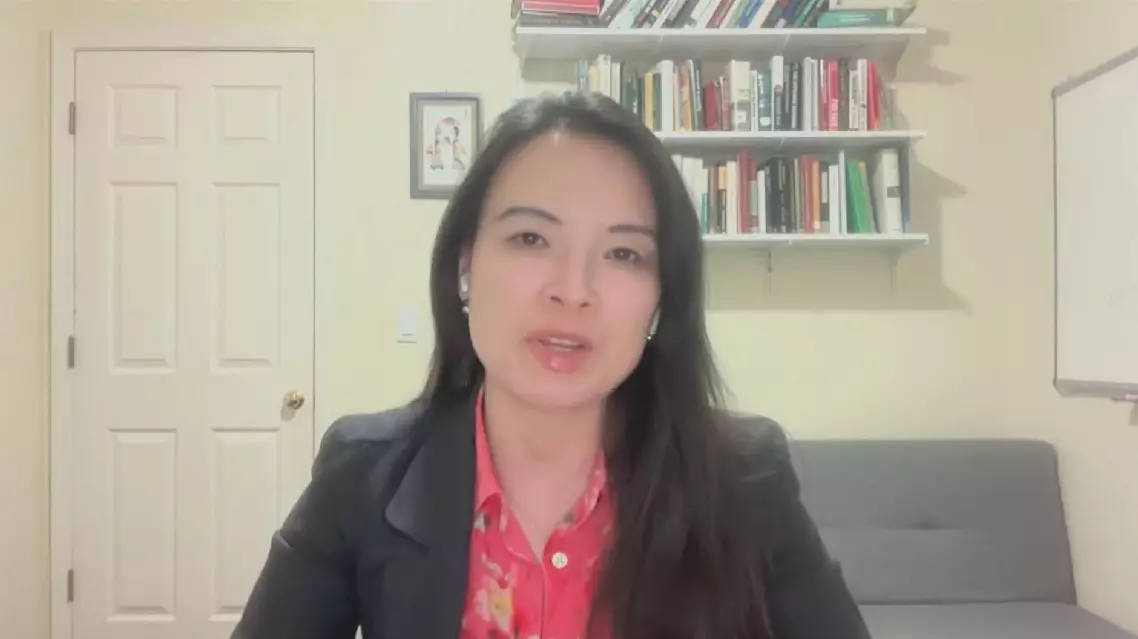
Trump's tariff storm unlikely to deliver for U.S.: economics scholar
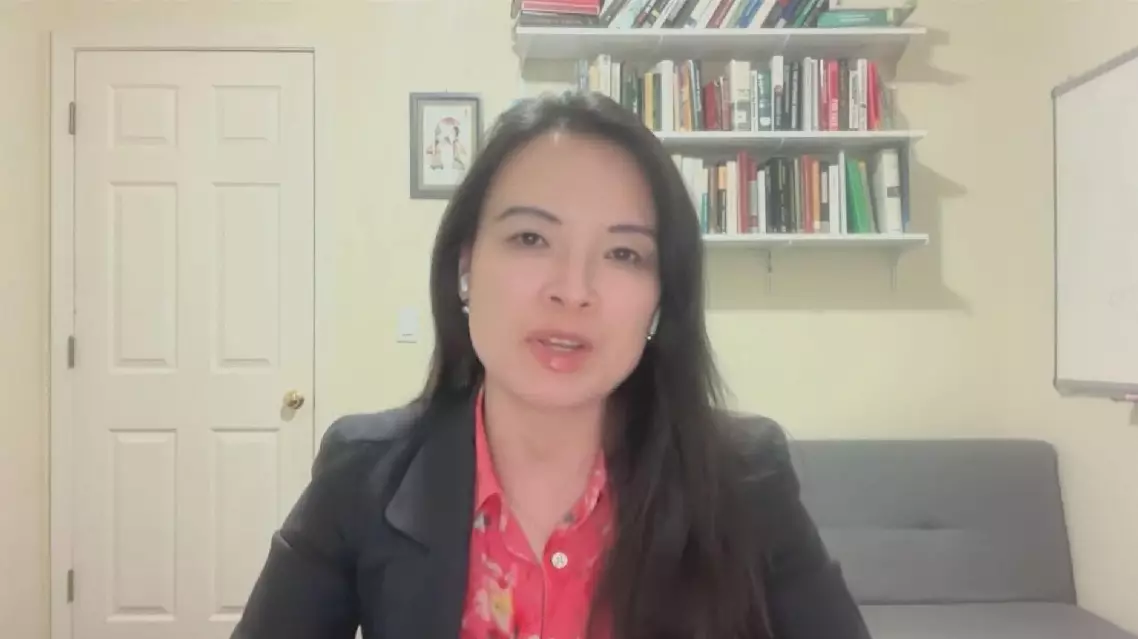
Trump's tariff storm unlikely to deliver for U.S.: economics scholar


